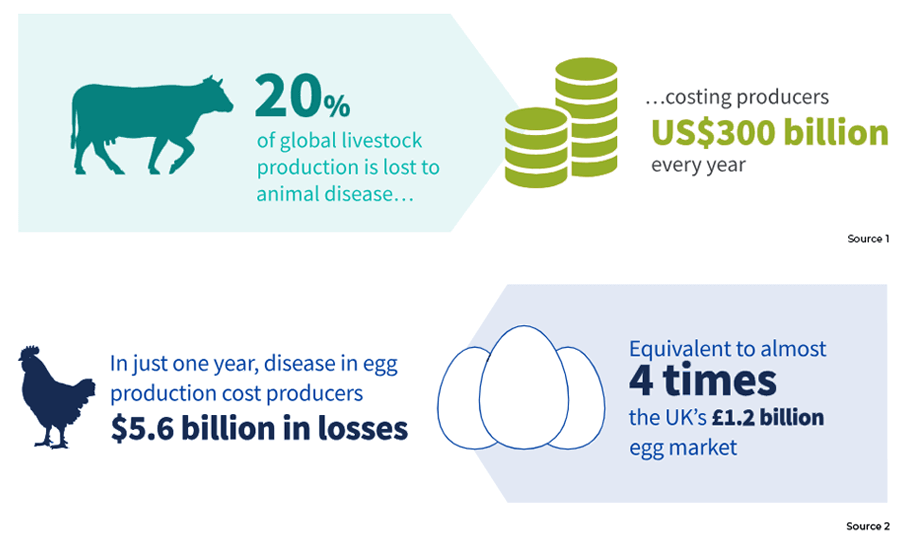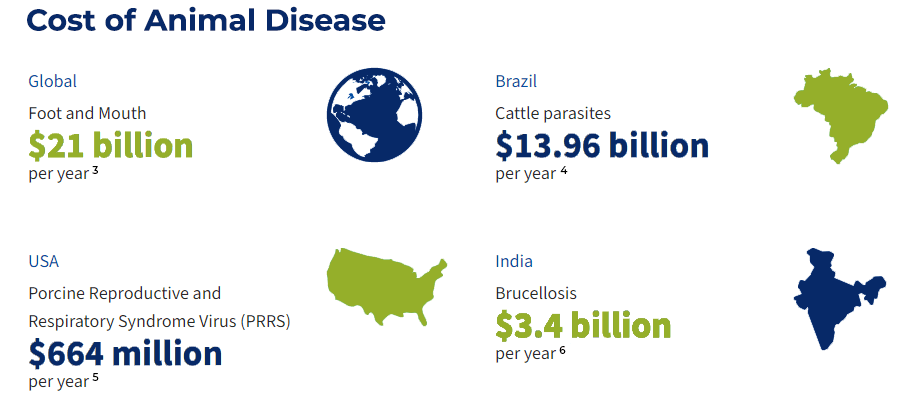The Future of Livestock Farming: Immense Opportunities for Farmers and Veterinary Medicine Distributors
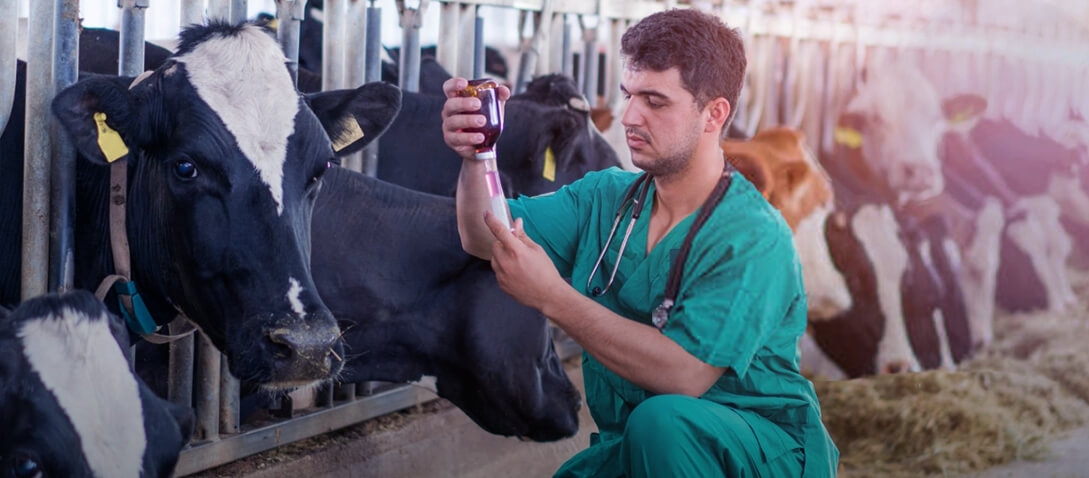
Contents Overview
Key Opportunities and Challenges
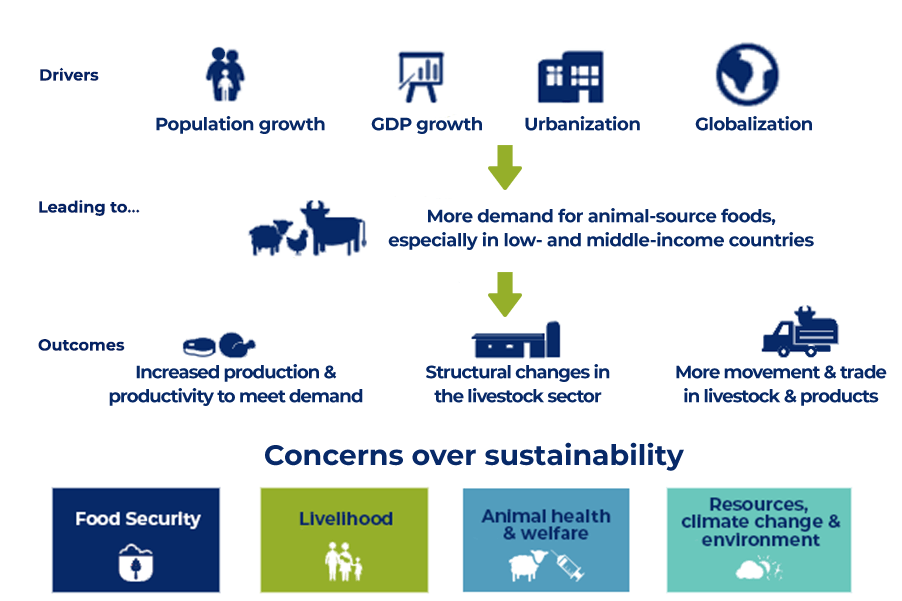
The livestock sector is undergoing rapid expansion, driven by factors such as population growth, urbanization, and rising incomes, especially in low- and middle-income countries (LMICs). This "livestock revolution" offers substantial business opportunities but also poses challenges related to sustainability, health and welfare, and environmental impacts.
Livestock are land-based, domesticated animals bred in agricultural environments to offer labor or generate products like meat, milk, eggs, and leather. They play various roles in agricultural food systems worldwide, serving different purposes for various populations. When considering the sustainability of the global livestock industry, there are four crucial and interconnected dimensions.
Food Security
Food security is achieved when all people have consistent physical and economic access to sufficient, safe, and nutritious food to meet their dietary needs and preferences for an active and healthy life. Despite this goal, approximately one in nine people globally are malnourished or hungry, a number that is increasing, particularly in low- and middle-income countries (LMICs) where about 13% of the population suffers from undernutrition, according to the United Nations. The United Nations aims to end hunger, achieve food security, improve nutrition, and promote sustainable agriculture globally by 2023.
Additionally, around 2 billion people globally face micronutrient deficiencies, such as shortages of zinc, vitamin A, and iron, which lead to serious health issues including stunting, anemia, weakened immune systems, and cognitive impairments.
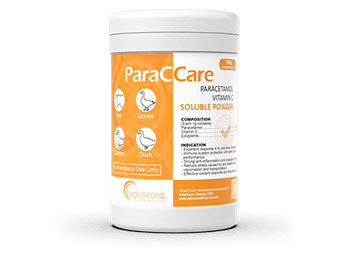
Livestock play a crucial role in global nutrition security by providing essential nutrients like vitamin B12, calcium, and iron, which are particularly vital during the first 1,000 days of life. The global distribution of animal-source foods is uneven, leading to nutritional gaps in low- and middle-income countries (LMICs) and overconsumption in other regions.
Enhancing livestock productivity is pivotal not only for supporting food security but also for boosting household incomes and creating employment opportunities, making it an essential sector for farmers and distributors. For example, the use of Paracetamol and Vitamin C powder in livestock can enhance the immune system and promote better growth performance. This product also helps to reduce stress caused by diseases during vaccination and transportation. Which will lead to higher quality meat products, increased production, and lower meat prices.
Distributor Takeaway Tip:
Malnutrition and micronutrient deficiencies can lead to serious health issues, which dietary supplements can help mitigate by filling nutritional gaps. This situation offers a significant opportunity for supplement distributors. By supplying these essential nutrients, distributors not only aid in improving public health but also enhance their market potential and position within the wellness industry as key contributors to community health. For starters, you can check AdvaLife™, a brand by AdvaCare Pharma, specializing in supplements and nutrients products.
Livestock as Drivers of Economic Growth and Enhancers of Livelihoods
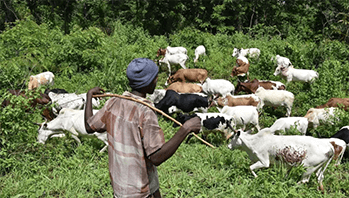
Livestock farming is thriving globally, yet small-scale producers in low- and middle-income countries (LMICs) often struggle to fully capitalize on the industry's growth. According to the FAO, of the 770 million people living on less than USD 1.90 per day, about half depend directly on livestock for their livelihood.
Livestock not only provide diverse products such as milk and meat but also serve as adaptable assets that support owners during crises by providing traction, fertilization, and converting crop residues into valuable protein. Through sustainable intensification, livestock enhance farm productivity and play a crucial role in poverty alleviation and economic growth in low- and middle-income countries (LMICs), acting as a vital safety net against economic shocks.

Livestock provides not only diverse products such as milk and meat but also serves as adaptable assets that support owners during crises. These assets provide traction, and fertilization, and convert crop residues into valuable protein. Through sustainable intensification, livestock enhances farm productivity and plays a crucial role in poverty alleviation and economic growth in LMICs, acting as a vital safety net against economic shocks. Based on a recent report from BTG Pactual, it is evident that Brazil has solidified its position as the "world's granary," leading global exports of various essential agricultural products. This success benefits not just the farmers directly but also impacts the entire industry, including feed supply and veterinary medicine, ultimately benefiting society as a whole.
Distributor Takeaway Tips:
As distributors of AdvaCare Pharma products, you can focus on promoting the integrated nutritional and health benefits these products offer for animal care. Emphasize how AdvaCare Pharma's targeted feed supplements and veterinary medicines enhance animal health and farm productivity. Educate clients on the proper use of these products for optimal results. Stay up-to-date with industry innovations to provide informed support and strengthen your role as a trusted agricultural partner.
Environmental Challenges and Solutions in the Livestock Sector
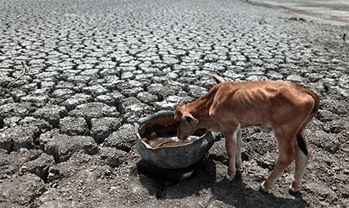
The livestock sector faces significant environmental challenges, including extensive land use and greenhouse gas emissions. However, innovative practices, such as improving animal health and nutrition, are helping to reduce these impacts. For example, better nutrition can reduce the need for larger herds, thereby lowering emissions. Innovations in feed supplements and vaccines that target methane reduction are crucial for enhancing sustainability and offer significant opportunities for veterinary medicine distributors to contribute to a more sustainable agricultural system.
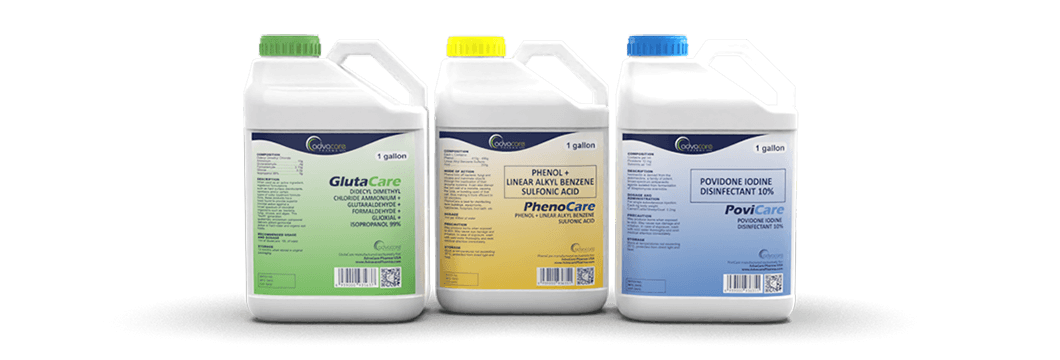
Healthy Animals = Lower Emission
Maintaining good animal health is essential for several reasons: healthy animals are more productive and have a better quality of life, enhancing farm efficiency and profitability. By implementing proper hygiene and disinfecting processes where the cost is low, a significant impact in loss reduction can be seen. The FAO highlighted in 2013 that best practices in animal health and management could reduce livestock emissions by up to 30%. Animal diseases have both direct and indirect economic impacts. The direct effects are immediately observable in reduced population and agricultural productivity, while indirect effects manifest as decreased trade and other forms of revenue loss.
Poor health and mismanagement increase susceptibility to disease and mortality in livestock before they can reproduce or be slaughtered, leading to higher numbers of unproductive animals that contribute to greenhouse gas emissions.
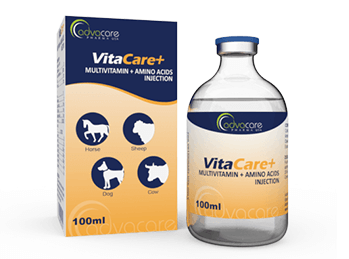
Changing the Nutrition Mix
Nutrition plays a key role in reducing livestock emissions. Enhancing animal nutrition boosts their immune systems and overall health, which increases productivity and allows farmers to meet demand with fewer animals, thereby lowering greenhouse gas emissions. Research shows that proper nutrition improves the health condition and immune function of animals, which in turn boosts productivity and growth rates. Modifying animal feed can reduce emissions of methane and nitrogen, significant contributors to global warming. For example, in poultry, adding multivitamins and amino acids can increase egg production and improve hatchability and the quality of eggshells.
Distributor Takeaway Tip:
The veterinary and animal health industry is crucial for creating vital products such as medications, vaccines, hygiene essentials, diagnostics, and tools for livestock. This sector is essential in ensuring the health, safety, and sustainability of the global and local food supply. With rising animal protein demands, there is an increasing need to manage their health. Consequently, pharmaceutical distributors play a key role by supplying necessary animal medicines to their markets, significantly contributing to public health.
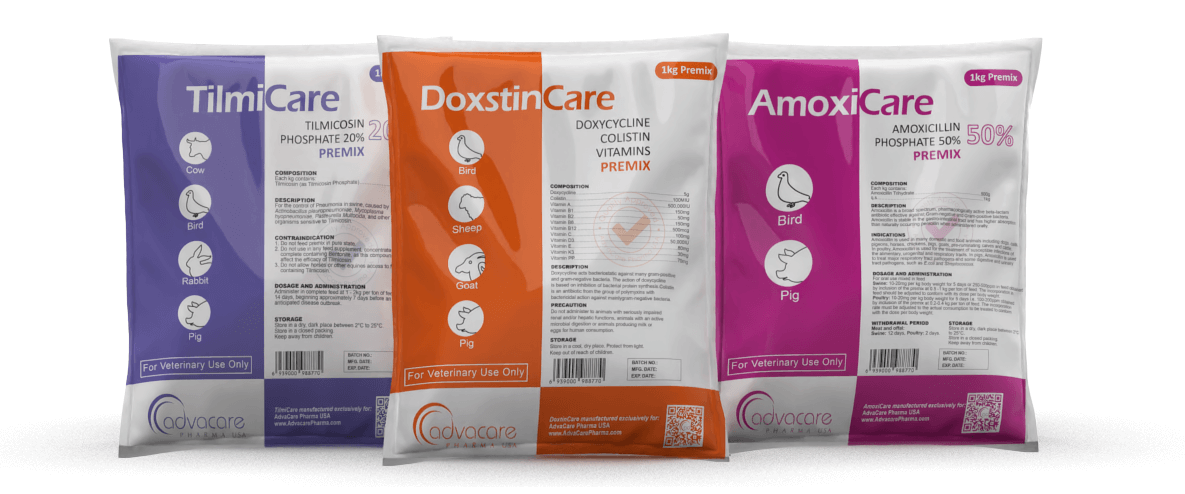
New Products to Target Methane Reduction
Innovations in supplements and vaccines play a crucial role in reducing emissions from livestock by targeting methane production during the digestive process. By developing and administering advanced feed supplements premixes and vaccines, scientists are able to alter the gut microbiota of livestock animals, effectively reducing the amount of methane they emit. These interventions not only help curb one of the most potent greenhouse gasses but also enhance the overall efficiency of livestock production systems, contributing to more sustainable agricultural practices. Such advancements are pivotal as the agricultural sector seeks ways to meet global climate targets while maintaining high productivity levels.
Distributor Takeaway Tip:
AdvaCare Pharma just launched 90+ Veterinary Products, including newly formulated targeted nutritional supplements and veterinary vaccines.
Good Animal Health and Welfare Linked to Human Health

Urbanization, aging populations, evolving lifestyles, and more women joining the workforce are fueling a shift toward healthier dietary options. This shift has increased the demand for protein-fortified foods, with protein ingredients now valued for their nutritional enhancement. High-protein diets are preferred for weight management because of their satiating effect and the higher energy expenditure required during digestion, as supported by clinical trials. The COVID-19 pandemic further amplified this trend as consumers sought immunity-boosting foods. Animal protein ingredients, known for their superior digestibility and nutritional completeness compared to plant-based proteins, have seen a surge in demand, bolstered by their association with the meat industry and inherent nutritional benefits.
However, the success of the livestock economy heavily depends on the health and well-being of the animals. Early detection of diseases in animals can significantly reduce their impact and prevent catastrophic outcomes. Diseases can severely impact production, affecting resilient livelihoods, economic growth, and food security. Diseases can severely impact production, affecting resilient livelihoods, economic growth, and food security. For instance, the 2001 Foot-and-Mouth Disease outbreak cost the UK economy approximately USD 21 billion, and cattle parasites in Brazil reduced cattle productivity with an economic impact of up to $13.96 billion. Moreover, foodborne illnesses, many originating from livestock, resulted in a global burden of 33 million disability-adjusted life years in 2010, with children under five accounting for 40% of this burden.

Animal health is intrinsically linked to environmental health. Livestock suffering from diseases are less productive and require more resources, which has negative impacts on the environment.
Effective animal welfare practices, which include disease prevention, proper shelter, nutrition, and humane slaughtering, are essential. As livestock production increases, so does the use of antimicrobials, not only for treatment but also for prevention and growth promotion. This use is nearly three times higher than in human medicine, and inappropriate use contributes to antimicrobial resistance, compromising treatment efficacy and posing a significant threat to human health.
Market Trends and Growth Potential
The Global Animal Protein Ingredients market is anticipated to rise at a considerable rate during the forecast period. The market is expected to reach $42.63 billion by 2031, at a CAGR of 4.5% from 2024-2031. In 2022, the market is growing at a steady rate, and with the rising adoption of strategies by key players, the market is expected to rise over the projected horizon.
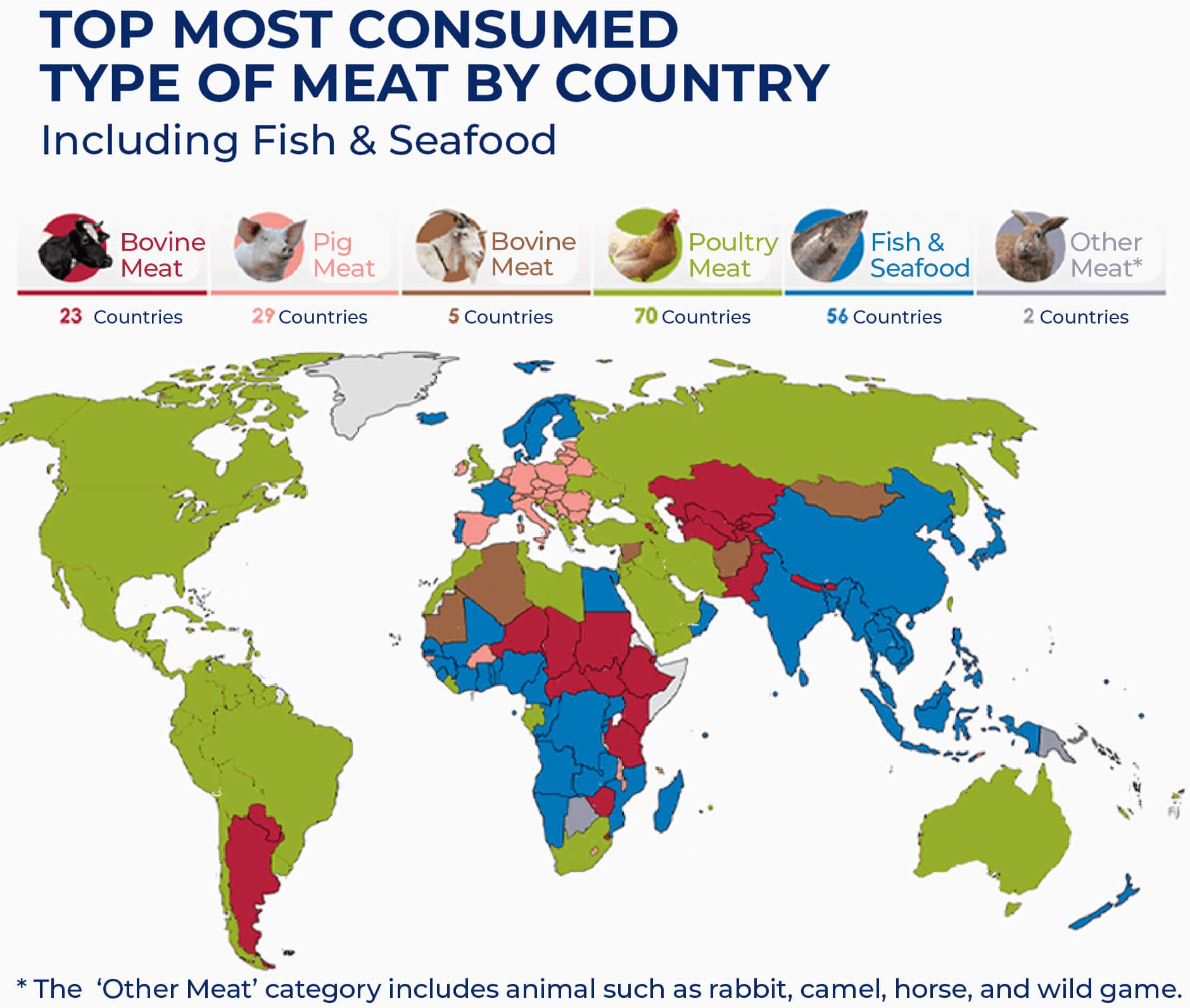
Source: FAO
Strategic Opportunities for Veterinary Medicine Distributors
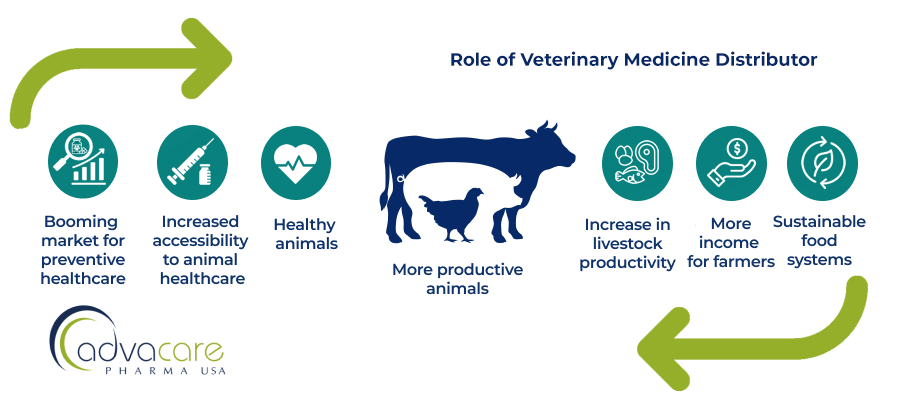
With the expanding livestock sector, there is a rising demand for veterinary pharmaceuticals, offering significant profit potential for distributors. By staying at the forefront of innovations in animal healthcare, distributors can play a pivotal role in ensuring the health and productivity of livestock, which is crucial for the sustainability of food systems.
Healthy animals -> Healthy people -> More sustainable world
In conclusion, the future of livestock farming offers lucrative opportunities for stakeholders, particularly farmers and veterinary medicine distributors. By focusing on sustainable practices, health management, and market expansion, these key players can ensure the profitability and sustainability of the sector, contributing to global food security and economic stability. Explore AdvaCare Pharma's Veterinary range to discover products that can help you thrive in your market and seize these opportunities.
Distributor Takeaway Tip:
Explore how veterinary distributors can boost their profitability by emphasizing animal healthcare, including the use of vaccines, supplements, and effective healthcare products from our previous media post here.
References: ClimateXChange (2016), Emissions from Livestock Production United Nations (2024), Goal 2: Zero Hunger Scottish Government (2022), Suckler Beef Climate Scheme: Final Report World Population Review (2023), Meat Consumption by Country Food and Agriculture Organization of the United Nations (FAO), Food Balance Sheets Mordor Intelligence (2024), Protein Ingredients Market Food and Agriculture Organization of the United Nations (FAO) (2018), Tackling Climate Change Through Livestock Visual Capitalist (2023), Mapped: Meat Consumption by Country and Type Food and Agriculture Organization of the United Nations (FAO) (2021), Livestock's Long Shadow Royal Society Publishing (2010), Livestock in a Changing Landscape Cleantech (2020), Livestock Farming in the Future: Clean, Green, and on Screen Food and Agriculture Organization of the United Nations (FAO), Animal Production Food and Agriculture Organization of the United Nations (FAO), Poultry Production and Products CGIAR (2019), Livestock's Future - An Opportunity, Not a Threat Meticulous Research (2024), Animal Protein Market Health for Animals (2024), How Better Animal Health Supports Sustainable Food Systems
Don't want to miss the next AdvaCare article?

Recommended Content

Pet Supplements Manufacturer: Functional and Premium Ingredients with USA Quality Standards & Traceability

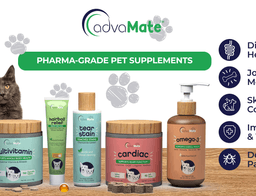
Global Pet Supplement Market Trends: Why Distributors are Shifting to Premium Grade Quality

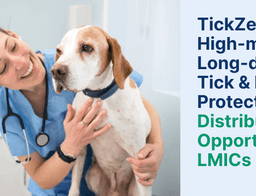
TickZero™: High-Margin, 12-Week Flea & Tick Protection, Distributor Opportunity in LMICs

